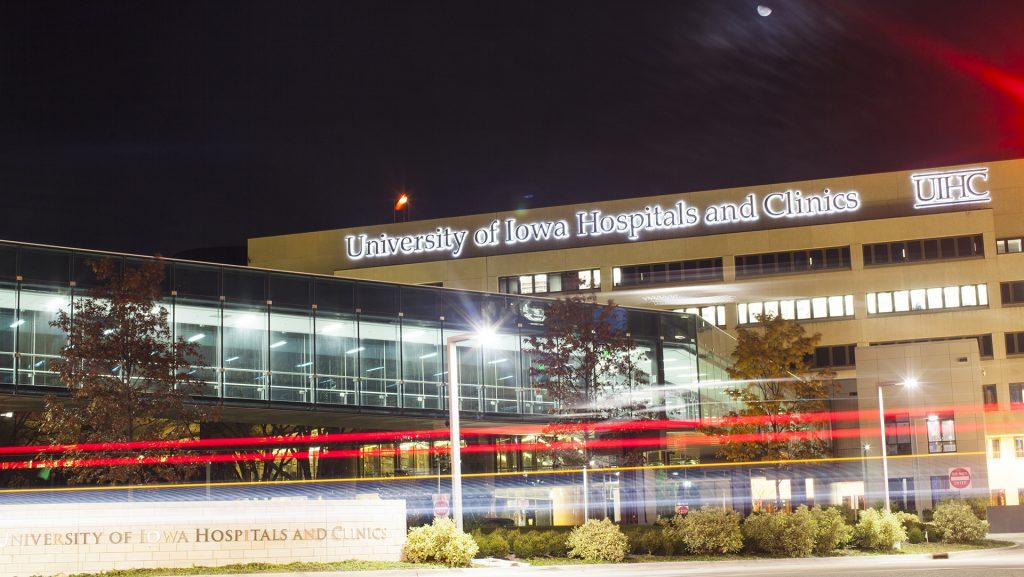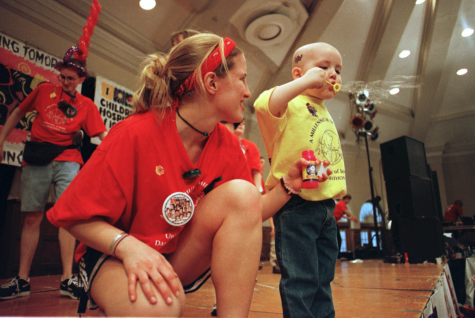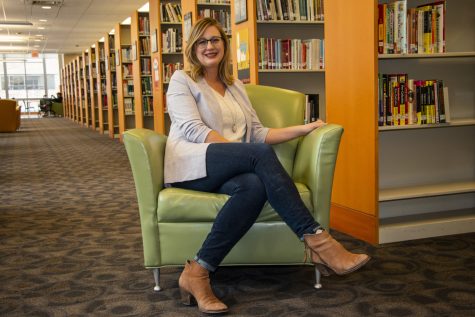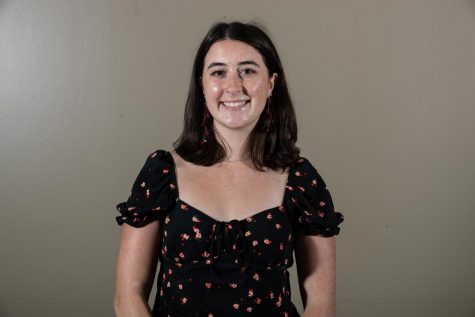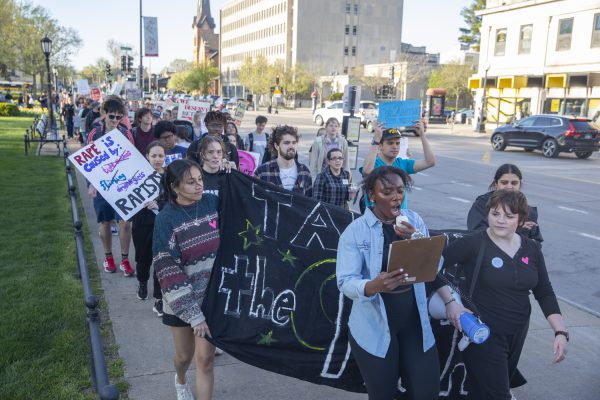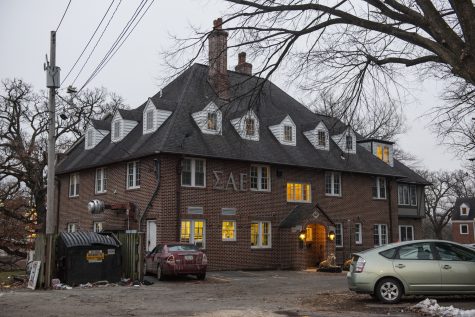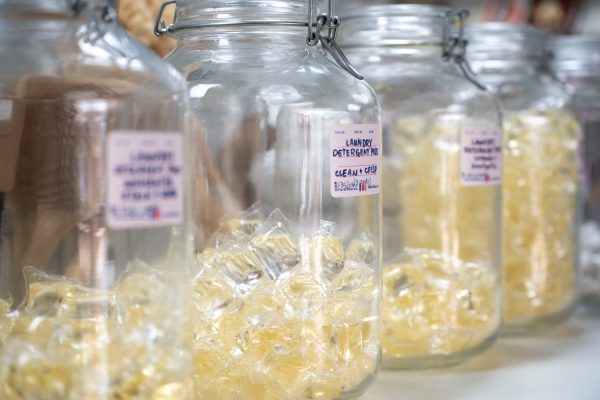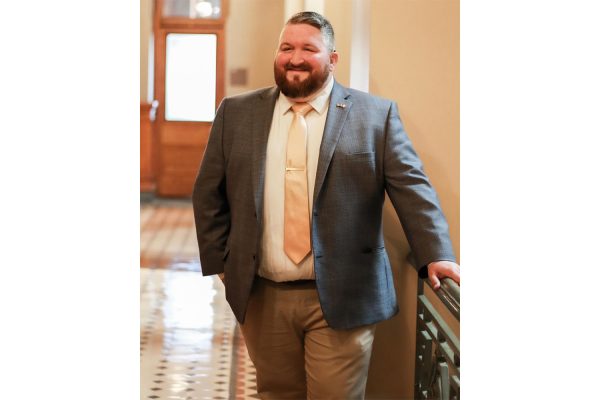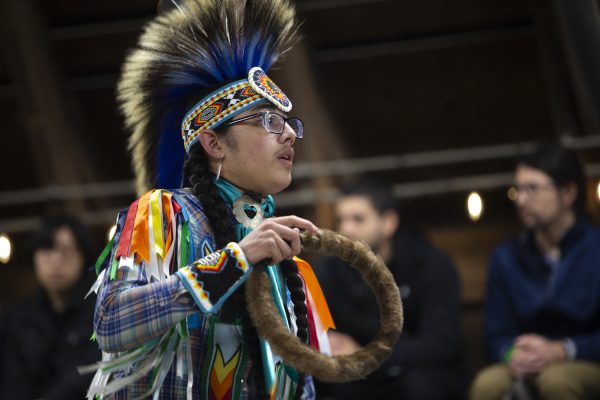UIHC opens Blood & Marrow Transplant unit focused on patients
UIHC has added a new stem cell transplant and cellular therapies unit as part of the BMT program. The unit focuses on patient comfort and offers larger rooms so that families of patients can stay for extended amounts of time. The unit also benefits the development of innovation in cancer research.
The University of Iowa Hospitals and Clinics building is seen from the west on Wednesday, Nov. 8, 2017. A $1.3 million grant now helps UI practicum students to provide counseling services in rural areas across Iowa for the next four years. (Joseph Cress/The Daily Iowan)
January 30, 2019
A new stem-cell transplant and cellular-therapies unit has begun research and treatment at the University of Iowa Hospitals and Clinics as part of the Blood & Marrow Transplant Program.
The unit prioritizes patient comfort by using feedback from past patients to make future patients stay as comfortable as possible.
Clinical Assistant Professor of hematology Umar Farooq, the Blood & Marrow Transplant Program administrator, took part in the development of the new unit as one of three transplant physicians involved. He helped with the functional aspects of the unit and what could be added to fulfill patient needs.
“The bone-marrow transplant … we call it cellular therapies, is transitioning, and there’s large, new technology coming to treat our patients,” he said. “So we needed a new unit to really provide all the supportive care needed for our patients.”
RELATED: Brain and behavior: Using stem cells to study psychiatric disease
For a long time, Farooq said, UIHC focused primarily on two types of blood/marrow transplants — auto and allo transplanting. Allo transplanting requires a donor of cells.
However, he said, more recently, there has been development of taking patients’ cells and genetically engineering them to be infused back into the patient, where they can “strategically target cancer cells.”
The UIHC Blood/Marrow Transplant unit is the only one in the state. Because of the complexity of the transplants and the need for a cell lab, Farooq said, the units are not easy to create but the research conducted is needed widely.
“I think there is certainly a need, and I think we are ready to fill that need in Iowa,” he said. “I think that the complexity of the treatment is that it’s unlikely to be provided anywhere else in the state.”
Professor George Weiner, the director of the UI Holden Comprehensive Cancer Center, said the innovations of UIHC and the Blood/Marrow Transplant unit are a great opportunity to help the people of Iowa.
RELATED: New UIHC unit will take burden off of emergency room
“It is known that being able to get care close to home and close to loved ones is a big advantage, so we think having this capability here in Iowa is very important,” he said. “In addition, we’re doing research here that’s cutting-edge, and this allows us to bring those advances to the people of Iowa as quickly as possible.”
Blood/Marrow Transplant Program Assistant Director Sheila Ouverson said the unit opened Dec. 10, 2018, after many years of development and discussion.
Farooq said the main reason for the unit was to offer care to a larger number of patients and to make that care as comfortable as possible. The unit has increased the number of rooms for patients from 15 to 23, and the rooms are bigger so that patients and their families can stay in them for up to a month, he said.
Weiner said the research advancements that the new unit is capable of are an important factor in getting more people the care they need.
“All the hard work and thought that went into the design, I think it was well worth it,” he said.



